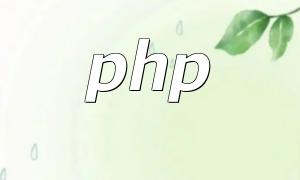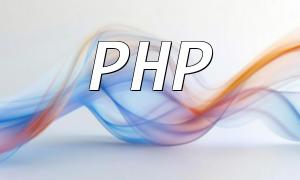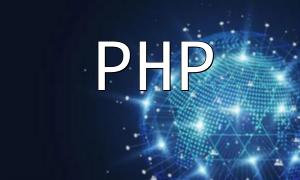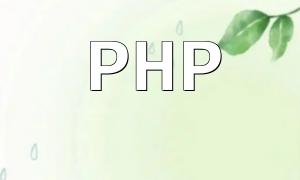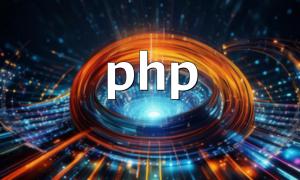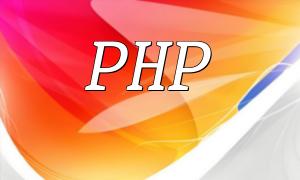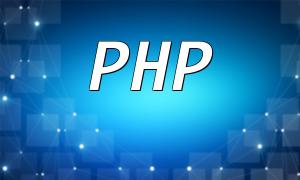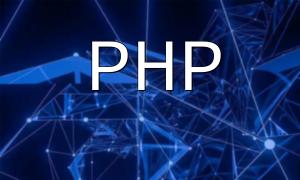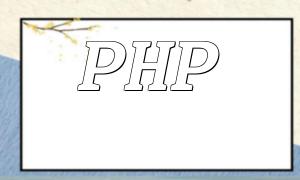PHP coding standards are a set of guidelines and conventions designed to ensure consistency, readability, and maintainability across all PHP code written within a development team. These standards help developers produce clean and structured code that aligns with industry best practices.
Common PHP coding standards include:
Code review is a collaborative process where team members examine each other’s code to identify issues, improve quality, and ensure adherence to project standards. It provides several key benefits:
While manual code reviews are possible, using automated tools can improve efficiency. Here are some popular tools for PHP code review:
Before initiating code reviews, it’s essential to define and document a consistent set of coding standards for the entire team. This helps reduce discrepancies and improves overall code coherence.
Make code review an integral part of the development process. Encourage all team members to participate, and schedule regular review sessions to foster collaboration and maintain high-quality output.
Track the feedback and issues identified during code reviews. Documenting suggestions and solutions helps developers learn and ensures that improvements are consistently applied across future work.
Use the results and insights from code reviews to refine the process and update your coding standards as necessary. Continuous improvement ensures that the team adapts to new practices and remains efficient over time.
// Example Code
// This is a sample PHP snippet that can be validated using Phpcs for compliance.
class Test {
public function test() {
if ($this->_foo) {
echo "Foo is set";
}
}
}
Implementing code review in a PHP development team significantly enhances code quality, encourages peer learning, and strengthens team culture. By selecting appropriate tools, defining clear standards, promoting the review process, and continuously refining it, teams can maintain high coding standards and improve development efficiency over time.
Related Tags:
API